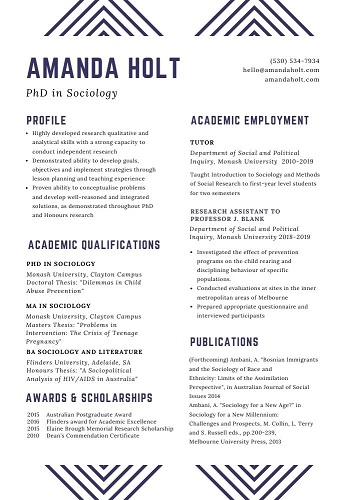Széchenyi István Egyetem
CV
|
About the resume One of the milestones of the job search is the compilation of the CV. Be thorough, because a good CV is half the battle, it gives the first impression of you, which can often be decisive. Prove that you are the most suitable person for the given position. The CV should:
|
|
The CV should include the following points:
1. Personal data: year of birth, place, notification and residential address, phone number, e-mail address, fax, marital status, citizenship
2. Studies:
- the schools are listed in reverse chronological order (starting with the most recent)
- don't forget the dates: the start and (expected) end are important,
- the exact name of the school, the exact name of the major
- the name of the qualification
3. Special trainings, scientific works: it is worth listing those that can be associated with the applied position.
4. Work experience, professional practice:
- the workplaces must be listed in reverse chronological order
- don't forget the start and end dates
- the exact name of the workplace and the title of the position are important
- it is necessary to list what tasks were in the given position (in each company, the position may mean different competences, activities, tasks!)
5. Language skills: list which language you use at what level, and when and what exam you passed in the given language! (the level according to the exam is not necessarily the same as the actual knowledge!)
6. Computer skills: list the software that we know at the user level, or on which we can program.
7. Driving skills
8. Other: any other skills, areas of interest and related knowledge can be listed, e.g.: typing skills, hobbies
If you are a recent graduate with relatively little work experience, but at the same time with extensive theoretical knowledge, follow the above order when writing your biography. Later, when you have more experience in the labor market, it will be worthwhile to put point 4 before points 2 and 3, because by then your strength will probably be practical skills.
